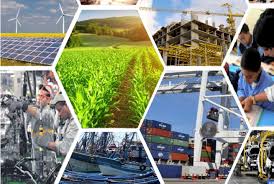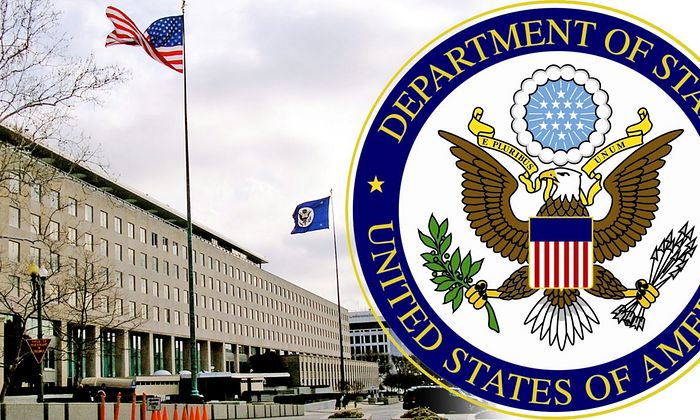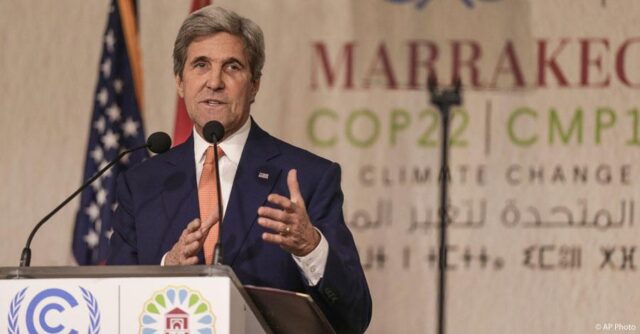The US State Department has highlighted the assets that make of Morocco a magnet for foreign investments, such as its positive macro-economic policies, trade liberalization, and structural reforms.
“Morocco actively encourages and facilitates foreign investment, particularly in export sectors like manufacturing, through positive macro-economic policies, trade liberalization, investment incentives, and structural reforms,” said the US State Department in its “2024 Investment Climate Statements” published Wednesday July 17.
At the confluence of Europe, Sub-Saharan Africa, and the Middle East, Morocco seeks to transform itself into a regional business and industrial hub by leveraging its geographically strategic location, political stability, and world-class infrastructure to expand as a regional manufacturing and export base for international companies, the US State department underlined.
The Kingdom “implements strategies aimed at boosting employment, attracting foreign investment, and raising performance and output, designating renewables, automotive, aeronautics, textiles, pharmaceuticals, outsourcing, and agro-industry as key industries,” the report added.
The document underscored the importance of Morocco’s new Investment Charter, adopted in December 2022, saying that this chart “significantly expands incentives for foreign investment.”
Morocco continues to make major investments in renewable energy and is on track to meet its stated goal of 52 percent total installed capacity by 2030, the document said, adding that the New Development Model lays out the country’s ambition to increase the share of renewable energy in total energy consumption from 19.5 percent in 2021 to 40 percent by 2035.
Opportunities for green investment include smart grids, green hydrogen, energy storage, and renewable energy, the report pointed out, adding that in 2023, Morocco recorded over $10 billion in announced investments to build out an integrated battery manufacturing and electric vehicle production chain.
In February 2023, Morocco was removed from the Financial Action Task Force’s (FATF) “grey list” following a series of reforms to strengthen its anti-money laundering and counter terrorist financing legislation, regulations, and criminal penalties, the US State department stressed.
As of 2024, Morocco has ratified 72 investment treaties for the promotion and protection of investments and 62 economic agreements, including with the United States and most EU nations, that aim to eliminate the double taxation of income or gains.
Since the U.S.-Morocco FTA came into effect, bilateral trade in goods has grown nearly five-fold, the report said, adding that “the U.S. and Moroccan governments work closely to increase trade and investment through high-level consultations, bilateral dialogue, and other fora to inform U.S. businesses of investment opportunities and strengthen business-to-business ties”.
The Investment Climate Statements by the Department of State help U.S. companies make informed business decisions by providing up-to-date information on the investment climates of more than 165 countries and economies. They are prepared by economic officers stationed in posts around the world and analyze a variety of economies that are current or potential markets for U.S. businesses of all sizes.



